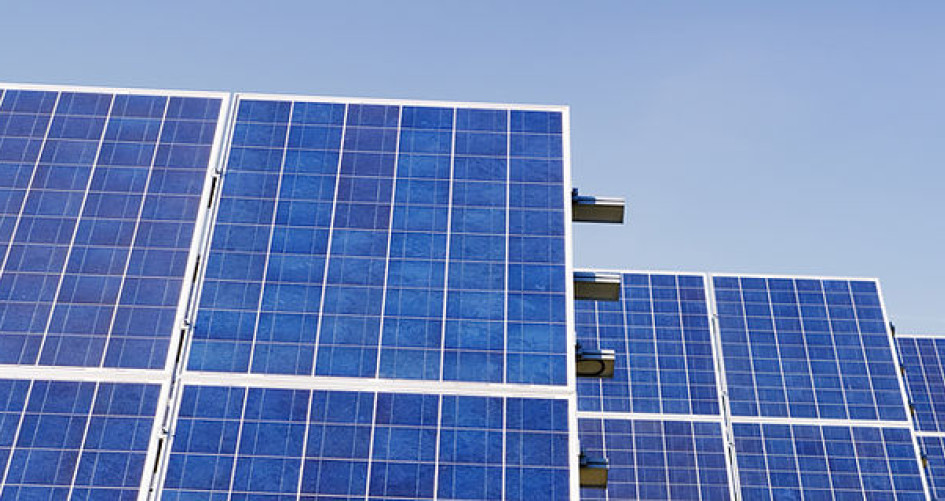PRESSING THE ‘ON’ SWITCH FOR NET ZERO ENERGY
It is 2050 and energy systems worldwide have been decarbonized thanks to a range of innovative solutions, investments and policy choices that set us on the pathway decades earlier. The COVID-19 pandemic response proved a milestone in kick-starting the shift towards today’s decarbonized and resilient energy system as it sparked a range of critical behavioural changes and recovery-related green investments. Reforms to our institutional, legal and regulatory frameworks gave – and continue to give – a real boost to the decarbonization of electricity, transport, heating and cooling. Currently, the energy sector provides 100 million jobs worldwide.
The energy we use is primarily electric and at least 80 percent of our electricity is being generated from renewable energy sources, and 100% from zero-carbon sources. Energy intensity has been dramatically reduced. Our present energy infrastructure is more resilient to market shocks and the impacts of climate change than the heavily centralized fossil- and nuclear-fueled systems of the past.
In addition, the active participation of the millions of people who produce, trade and consume energy has made the global energy system far more democratic and fair. We now have universal access to energy services, enabled by affordable, reliable, sustainable and modern energy sources. While the early phases of the transition were somewhat tumultuous, we succeeded in creating a fair and just transition. This is a major contributor to today’s thriving societies.
Despite the ongoing challenges of our changing climate, the future beyond 2050 looks bright. The global energy system is now decarbonised, resilient and efficient and sustainably delivers the services we need for an even more inclusive economy and healthy society.

